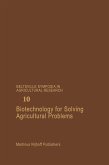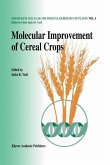Life sciences have huge controversial social implications. In doing experiments with animals, plants or humans the welfare of these living beings can be hampered; in communicating research results private and public interests can be harmed (patents!) or at least severely influenced; in being a member of a research group issues of human rights (like discriminatory behaviour) can become prominent; individual and collective forms of responsibility because of controversial types of research can become urgent.
Funding organizations can confront scientists and engineers with new ethical issues; the public at large or, as is the case with sustainability, future generations can challenge existing ways of doing research, and educating and teaching can confront scientists with new ethical issues.
In this book, resulting from an expert workshop at Wageningen University and Research Centre, European and American experts discuss topics and theories like the relationship between ethics, professional ethics and business ethics, the public responsibility of researchers and communicating, organizing, teaching and discussing ethical issues.
Funding organizations can confront scientists and engineers with new ethical issues; the public at large or, as is the case with sustainability, future generations can challenge existing ways of doing research, and educating and teaching can confront scientists with new ethical issues.
In this book, resulting from an expert workshop at Wageningen University and Research Centre, European and American experts discuss topics and theories like the relationship between ethics, professional ethics and business ethics, the public responsibility of researchers and communicating, organizing, teaching and discussing ethical issues.








